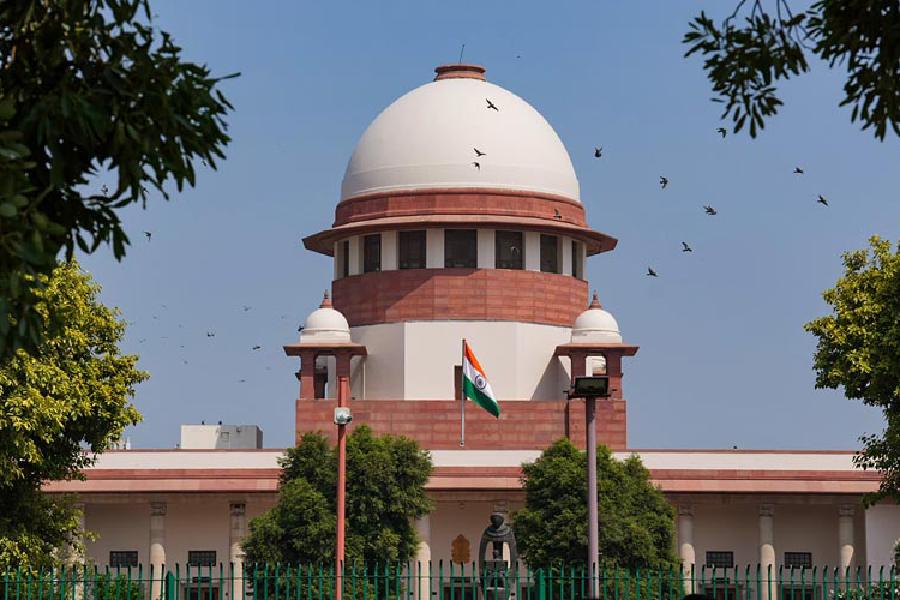The Supreme Court on Monday ruled that bail conditions allowing an investigating agency to continuously track the movements of an accused violated the right to privacy guaranteed under Article 21 of the Constitution.
“Imposing any bail condition which enables the Police/InvestigationAgency to track every movement of the accused released on bail by using technology or otherwise would undoubtedly violate the right to privacy guaranteed under Article 21,”
a bench of Justices Abhay S. Oka and Ujjal Bhuyan said in a judgment.
In the case that the apex court was dealing with, “the condition of dropping a PIN on Google Maps was incorporated without even considering the technical effect of dropping a PIN and the relevance of the said condition as a condition of bail”.
“This cannot be a condition of bail. The condition deserves to be deleted and ordered accordingly”, the bench ruled.
The bench passed the verdict while allowing the appeal filed by a Nigerian national, Frank Vitus, challenging a Delhi High Court order directing him to share his location with the Narcotics Control Bureau (NCB) in a drug-related case in which he is an accused.
The appellant was arrested on May 21, 2014. By the first impugned order dated May 31, 2022, the appellant was ordered to be released on bail subject to various terms and conditions that required him to furnish his Google location and an assurance from the Nigerian embassy that he would not leave India.
Justice Oka referred to the apex court’s earlier judgment in the Munish Bhasin vs State (NCT of Delhi) that “…bail conditions cannot be fanciful, arbitrary or freakish”.










